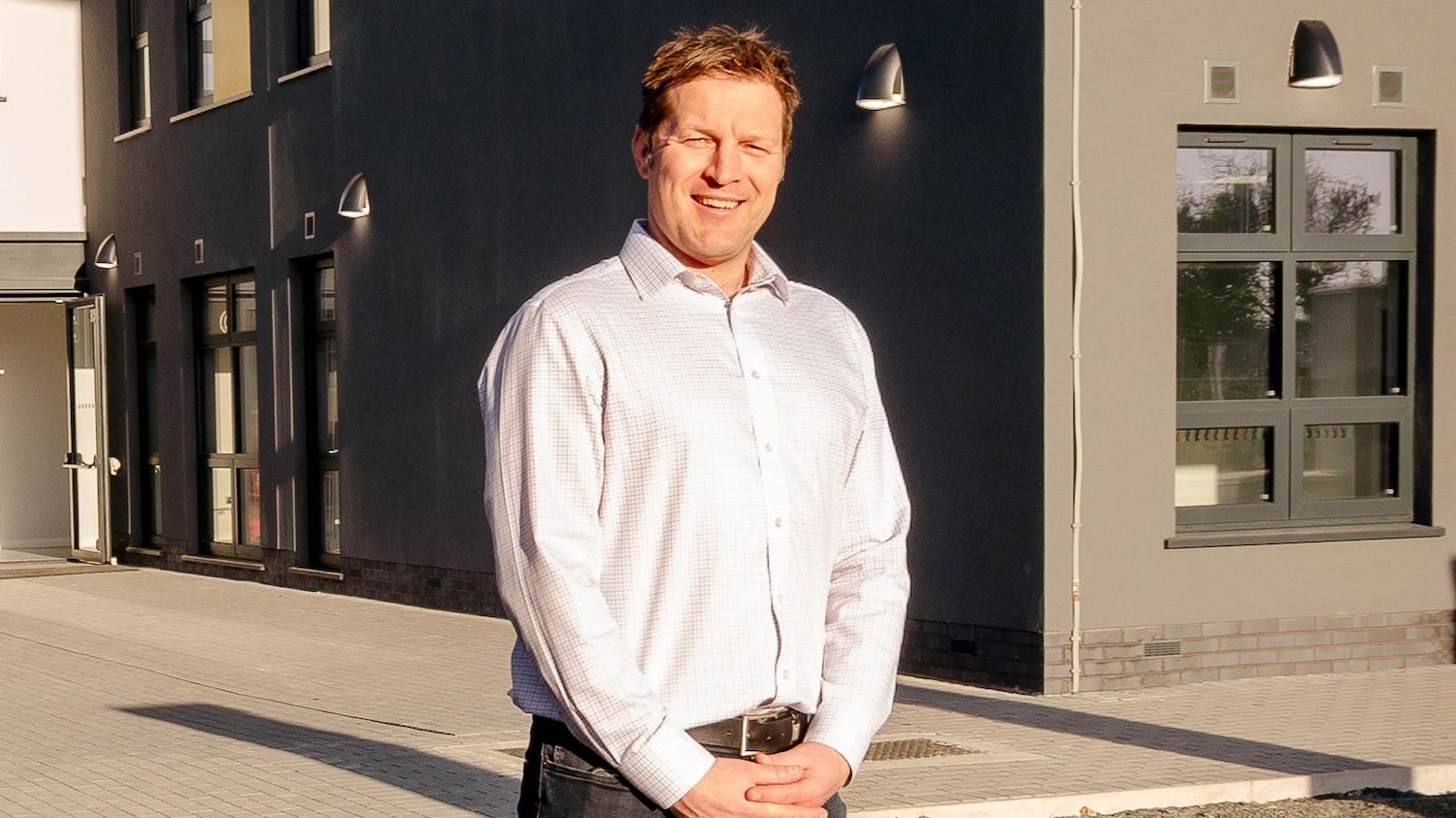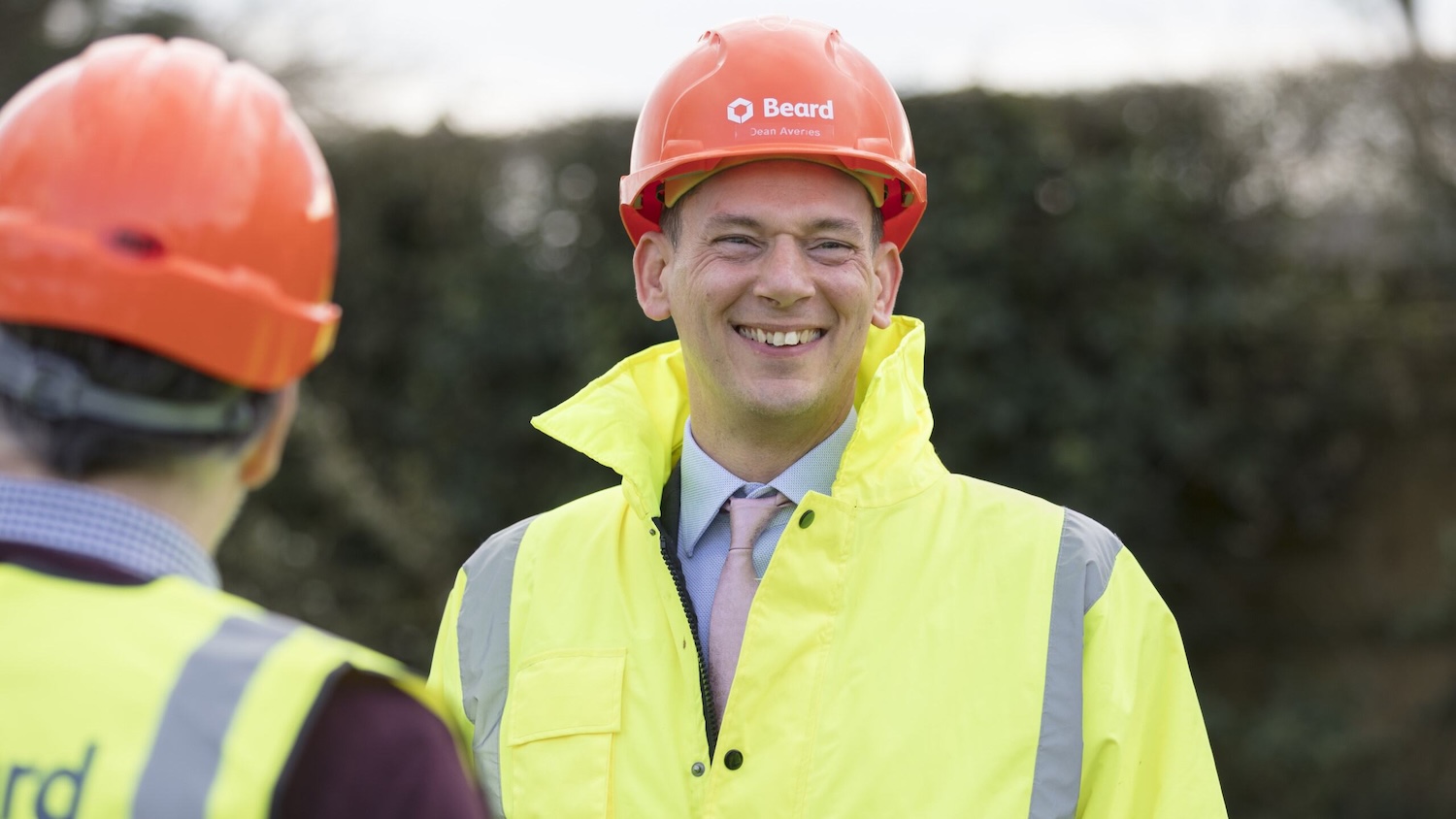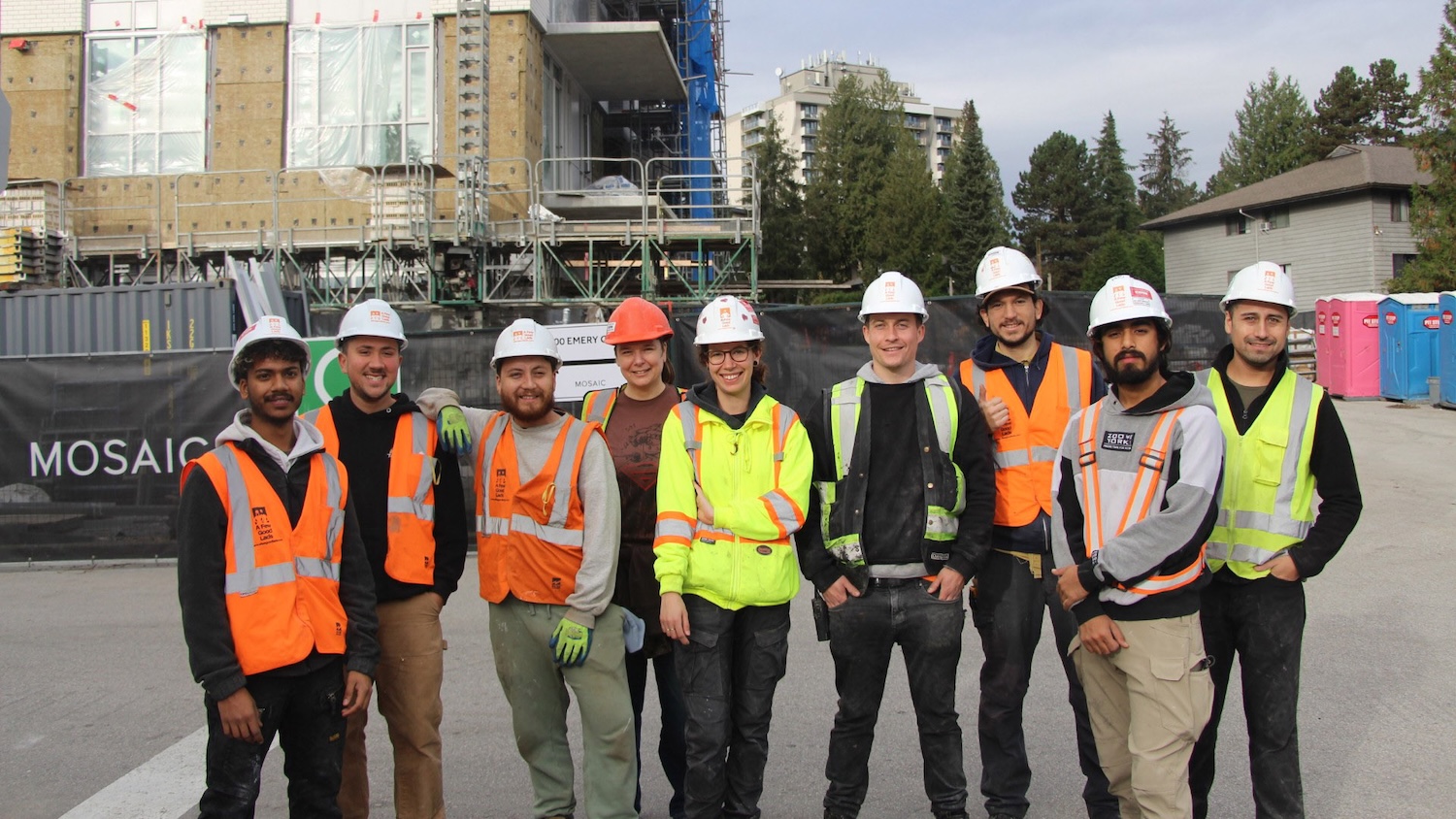
How social value can give SMEs the competitive edge
Social value is increasingly becoming a priority throughout the procurement process. For construction SMEs, there are significant opportunities to achieve a competitive edge by tapping into social value practices.
Published today, CIOB’s special report – Social value and SMEs: It’s not going away – explores the opportunities and challenges that SMEs can face on the social value journey.
The report provides insight from SMEs that are embracing social value as well as practical advice and resources.
What is social value?
Social value is defined as the economic, social and environmental benefits a public contract can bring to local places beyond the function of the asset procured.
Improvements to local ecosystems, recruiting apprentices or long-term unemployed people from the neighbourhood, facilitating school and community events, and buying local goods and services are common social value provisions.
It emerged as a requirement in government procurement, including procurement of construction services, in 2013 when the Public Services Social Value Act 2012 came into force in England.
Parallel legislation followed in Scotland (Procurement Reform Scotland Act 2014) and Wales (Well‐being of Future Generations Wales Act 2015).
These laws required central and devolved governments to think about social value as well as cost when procuring.
In September 2020, the UK central government published its Procurement Policy Note (PPN) 06/20, giving social value a minimum weighting of 10% in a bid’s total score – “to ensure that it carries a heavy enough score to be a differentiating factor in bid evaluation”
Procurement policy
The 2012 Act didn’t give social value a formal weighting in tendering, however. That happened amid the Covid pandemic in September 2020, when the UK central government published its Procurement Policy Note (PPN) 06/20, giving social value a minimum weighting of 10% in a bid’s total score.
The point of that, said the PPN, was “to ensure that it carries a heavy enough score to be a differentiating factor in bid evaluation”. A follow-up guide, the Social Value Model, was published in December 2020.
Completing the policy push, social value was reaffirmed as a requirement for construction procurement with a minimum 10% weighting in The Construction Playbook, first published also in December 2020.
PPN 06/20 required construction firms bidding for central government work to show how much social value they would bring to communities.
Although not the only one available, a popular framework for measuring and reporting social value is the National TOMs (TOMs stands for themes, outcomes and measures).
This was developed in 2017 by the National Social Value Taskforce, an initiative of the Local Government Association, and social value company the Social Value Portal. They created a framework to give councils and organisations a way of applying the 2012 Act.
Social value and the CIOB
The CIOB conducted an audit of the social value it delivered in 2021 using a selection of financial proxies from the Social Value Bank, produced by HACT, the Housing Associations’ Charitable Trust.
It found that for every £1 it spent on member services, £2.84 of social value was delivered, meaning its expenditure on member services of £12m in 2021 generated just over £34m in social value.
The top four social value-generating activities of the CIOB last year were CPD completions, calculated to have delivered £17.2m in social value; downloads of learning materials (£9.6m); training courses delivered (£5m); and mentoring (£2.8m).
How are the big players doing it?
National Highways – Highways England prior to August 2021 – has embraced social value with gusto and its plans for 2023/24 show a strong appetite for embedding it deeper into procurement and project delivery.
According to the CIOB report, the receptiveness of clients like it will act as a brake on any central government impulse to row back on social value policy, which makes it less easy for SMEs to ignore.
Publishing its plan in November 2022, it led with the community benefits it had caused by enrolling its construction supply chains.
Contractors working on improvements to the A19 in the North East held an interview skills workshop for local students.
Ten volunteers from BAM Nuttall and Aecom working on the A29 Arundel bypass picked litter on the Channel coast.
Fifteen contracting staff on the M25 junction upgrade in Surrey spent a day coppicing a wood at Painshill, Cobham.
The Costain-led team upgrading the A30 from Chiverton to Carland Cross in Cornwall fundraised £9,000 for the Cornwall Air Ambulance service and plan to raise £11,000 more.
Mobilising its suppliers is central to National Highways’ plans.
It’s not going away
Across public and private sector procurement, social value requirements are being taken ever more seriously as a central factor in successful project delivery.
While it’s clear that different SMEs will be at different stages of maturity when it comes to social value, even those businesses at the beginning of their journey have an opportunity to truly embrace the rules.
Failing to engage with social value is simply not an option for construction businesses without risking the loss of work.
The promotion and delivery of social value is no longer a nice to have – and SMEs cannot afford to be left behind.
Case study: SME perspective
Of the devolved governments, Northern Ireland formalised its social value policy most recently, with PPN 01/21 in June 2022. Here, Yvonne Conway from Woodvale Construction – headquartered in Omagh, County Tyrone – explains the firm is determined to make social value work, despite it being early days
Northern Ireland started experimenting with social value in construction procurement before PPN 01/21 came into effect.
In the early 2010s, awarding bodies inserted ‘social clauses’ in contracts to boost recruitment and training within targeted groups.
From April 2016, this effort was formalised in the Buy Social policy, which applied to building projects above £2m in value, and above £4m for civil engineering contracts.
I was recruited to Woodvale in 2016 as a result of a social clause in a contract the company won to build the new Arvalee School and Resource Centre, a special needs school in Omagh.
It was the Education Authority’s first dip into social clauses, the goal being to get women back into work with part-time or flexible hours.

Despite the issues, we remain determined, and we do see instances of social value making a positive difference, but there need to be fair negotiations over outcomes
I’d taken a career break, but my youngest child had just started nursery, so I applied. Woodvale hired me to work 12 hours a week on social value.
Now, eight years later, I work full time as Woodvale’s social value manager, looking after the recruitment side. It’s a kind of poacher-turned-game-keeper scenario.
Concerns over fairness
We decided early on that we would support social value and make it one of our own core values.
In 2020 we came first in the Education category in the RICS Social Impacts Awards for phase 1 of the Strabane Academy project, thus confirming our commitment to the process.
That year we also won Ireland’s Best Construction Procurement Project in the National Procurement Awards for our Schools Bundle 5 project.
We are determined to make it work, but there are a number of issues. For instance, it’s not clear whether companies that promise a social value outcome but fail to deliver it are sanctioned.
Will they pay money in compensation or be marked down when they bid for the next project? We don’t know.
It’s unfair competition when companies do not fulfil the commitments made when they tender for a contract. We incur costs by complying with PPN 01/21 that competitors may not.
Committed to change
Despite the issues, we remain determined, and we do see instances of social value making a positive difference, but there need to be fair negotiations over outcomes.
I go back to the Arvalee School and Resource Centre, the special needs school project begun in 2016, where my social value journey began.
The social clause in that contract stipulated that the apprenticeships and placements had to be offered to people in the school’s postcode.
That would have been a challenge in itself, owing to the small catchment area, but the client preferred that the apprenticeships and placements be offered to pupils from the school itself.
In talks with the school leadership, however, it was clear that this would be too difficult for the pupils, who had a range of special needs, so we devised more suitable interventions.
One was to teach the children hands-on wood crafts. The school has a woodland, so we created a woodland walkway, with wood chimes, bird houses, insect hotels and a storytelling chair, all made by the children under the guidance of our joiners, who visited school weekly.
It was one of the first school outdoor learning spaces in Northern Ireland.
Yvonne Conway is social value manager at Woodvale Construction.






